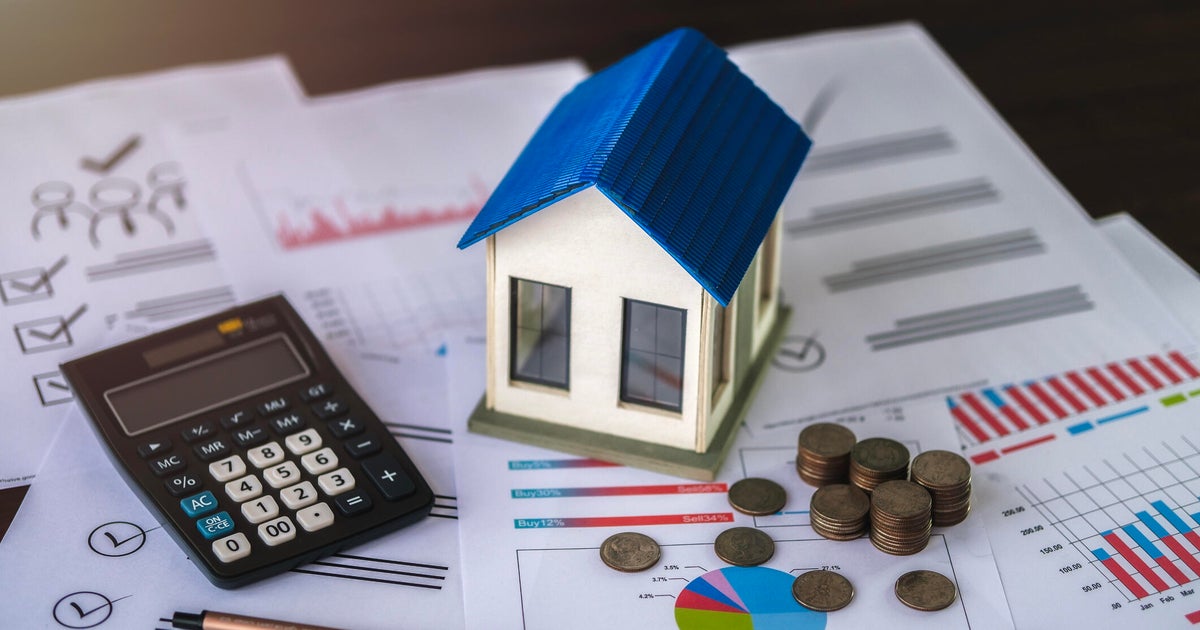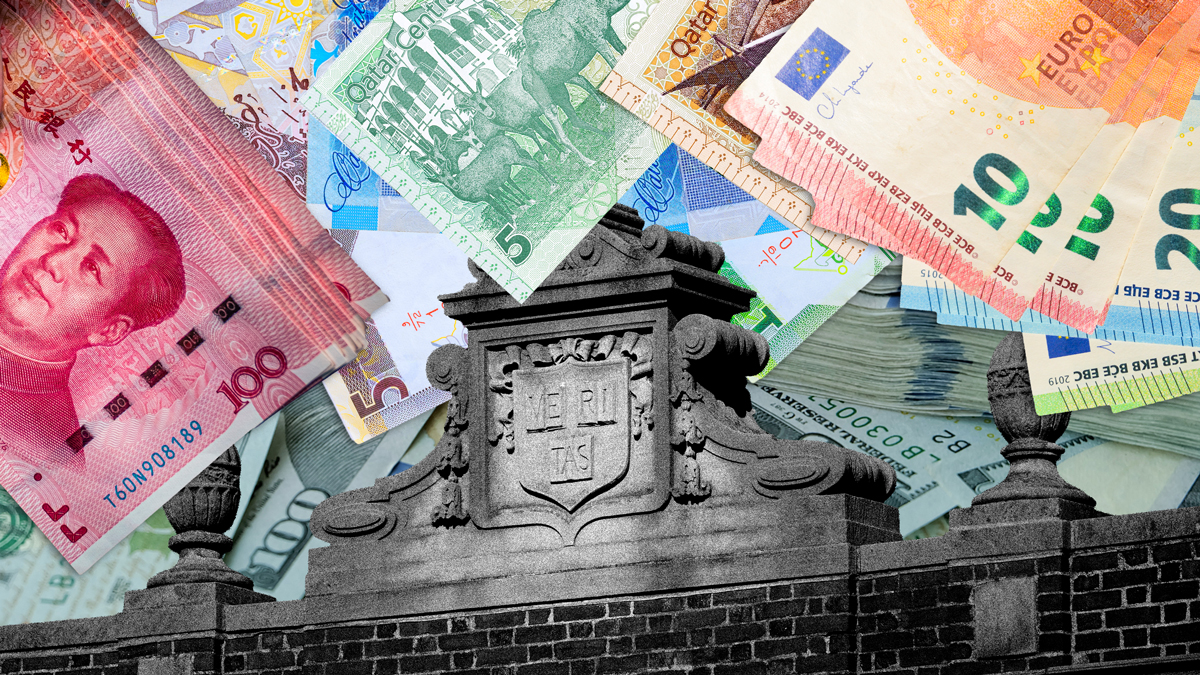Is China about to face its "Lehman Brothers moment"?
One of China's biggest property developers is at risk of buckling under billions of dollars in debt, raising concerns among investors around the globe that China could face a "Lehman Brothers moment" if the firm collapses and triggers financial contagion. Here's why Evergrande Group is suddenly rattling financial markets from Hong Kong to Wall Street.
What is Evergrande Group?
Based in the southern Chinese city of Shenzhen, Evergrande invests in, builds and manages thousands of residential properties. It is among the country's largest real estate firms, with total assets listed at $356 billion and reported annual sales of more than $108 billion.
How might Evergrande collapse?
Over the years, Evergrande has borrowed heavily to build apartments, office buildings and shopping malls. Now analysts worry the company may not be able to repay the $103 billion it owes to banks, construction firms and other creditors. Adding to the pressure is a push by Chinese financial authorities to cool the country's overheated property sector while also reining in borrowers and investors.
"The struggles of Evergrande and other developers are in large part the result of tightening restrictions as the authorities try to curtail some of the past excesses in the property sector," Jonas Golterman, senior markets economist with Capital Economics, said in a report.
Why are Evergrande's woes evoking Lehman Brothers?
The fear is that Evergrande's failure could lead to major losses by its lenders and bondholders. That could cause the financial dominoes to fall in China's vast real estate market — much as the collapse of investment bank Lehman Brothers in 2008 sparked a crisis that would take down the U.S. housing market and sink the American economy into recession.
One reason for concern: Chinese housing prices have risen steadily for more than two decades, while the country's economic steam engine remains heavily dependent on construction. China's overall debt as a share of its gross domestic product has doubled since 2008, according to Capital Economics.
The country's burgeoning middle class is particularly exposed, having poured billions of dollars into buying homes over that period. A sudden financial shock that slammed the value of residential and commercial properties could ripple across the Chinese economy, according to analysts.
"As a systemically important developer, an Evergrande bankruptcy would cause problems for the entire property sector, which has been an important source of economic growth and jobs in China," economist Ed Yardeni told investors on Monday.
That's putting it mildly. As Alan Ruskin, macro strategist at Deutsche Bank, warned in a research note: "Evergrande has the potential to be the largest corporate debt default ever, with spillovers to other financial institutions, Evergrande's suppliers, homeowners, wealth product holders, other property companies, and onward and outward."
Could Evergrande's problems affect the U.S. economy?
They already have, if you are participating in a 401(k) retirement savings plan or are otherwise invested in the stock market. U.S. shares fell sharply on Monday, with many investors trying to gauge the potential fallout for China if Evergrande goes bust.
To be sure, other factors are also weighing on investor minds. Those include the ongoing impact of COVID-19 on U.S. growth; political feuding in Washington, D.C., over raising the nation's debt ceiling; and whether the Federal Reserve plans this week to signal it's ready to start withdrawing emergency stimulus.
How worried is Wall Street?
For now, most investment analysts are still betting that the Chinese government would intervene to support its own economy if a failure by Evergrande caused financial turmoil. That's just what Beijing did a few weeks ago when it stepped in to bail out Huarong, a large state-controlled asset management firm. Evergrande is privately owned, however, so it remains unclear to what extent Chinese officials are prepared to keep it afloat.
Perhaps more important are the potential political repercussions if many Chinese people who had bought an uncompleted apartment from Evergrande lose their shirts. President Xi Jinping has put his reputation on the line by vowing to reduce inequality and enhancing China's financial system. That almost certainly means protecting millions of homeowners if their wealth is in danger of being vaporized.
"We expect that the Chinese government will restructure Evergrande, probably by splitting up its businesses among other property developers," Yardeni said.



